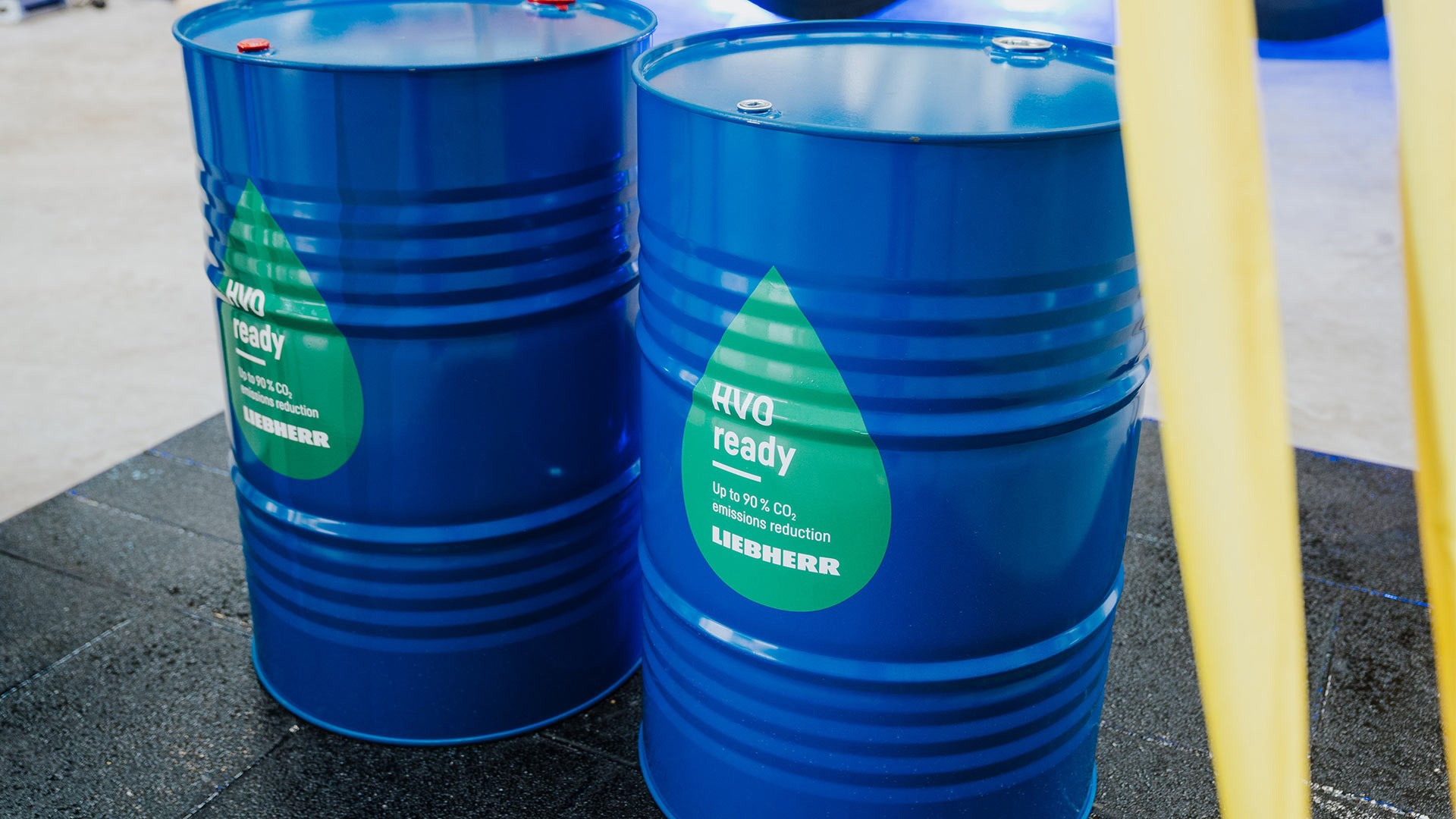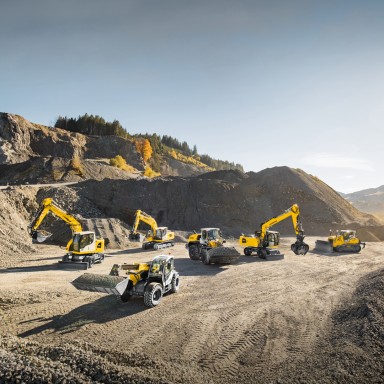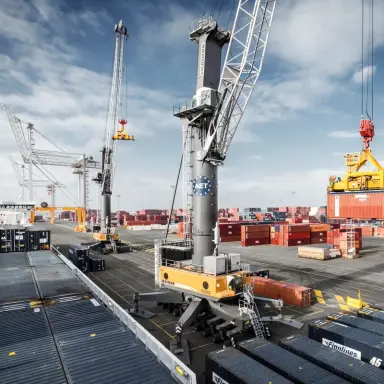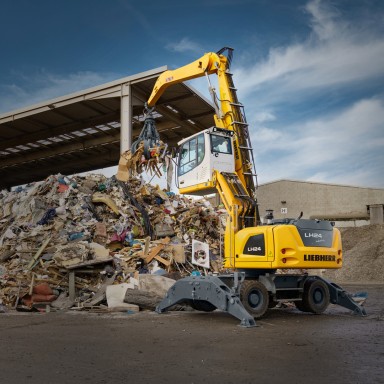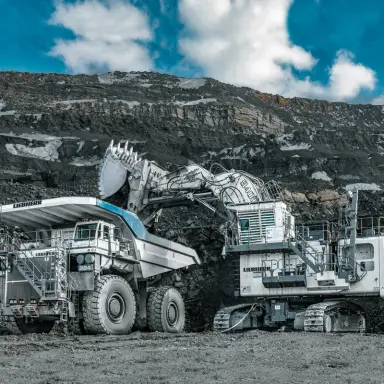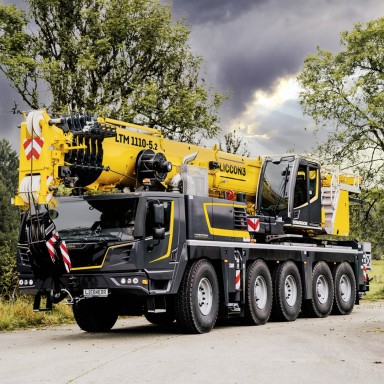What is HVO?
HVO = Fuel from hydrotreated vegetable oils
Raw materials: Vegetable oils & fats from the food industry (ideally waste such as used cooking oil and fat residues). At Ehingen: from waste (excluding palm oil).
Difference to diesel: Lower density & lower exhaust emissions
Addition: In pure form (100 % HVO) or in any ratio with diesel
Standard: EN 15940 (synthetic fuel)
HVO fuels which comply with standard EN 15940 with a base of hydrogenated vegetable oils can make a valuable contribution to reducing global emissions of greenhouse gases.
More environmentally friendly drive concepts for vehicles and machinery are more important than ever to reduce CO2 emissions. HVO is an alternative fuel that can power a large proportion of Liebherr's construction machinery, mobile harbor cranes, mobile and crawler cranes and mining equipment, either in its pure form or as an additive to fossil diesel.
The benefits
- No modifications are required
- Good compatibility with all engine components
- HVO can be mixed with fossil diesel in any ratio for use in conventional internal combustion engines
- That means that even older Liebherr machines in global fleets can be operated on an essentially climate-neutral basis using HVO
- Very good low temperature resistance (down to at least -20 °C)
- Reduced use of Adblue (around -10 %)
- Lower emissions of nitrogen oxides (around -11 %) and particulates
- Lower soot particle emissions, especially in cranes without diesel particulate filters
Engine approvals
Obtain approval for your machine from your Liebherr service partner.
Engine approvals mobile and crawler cranes
| Liebherr | Approval for all Liebherr engines |
| Cummins | Approval for QSB 6.7 / B 6.7 |
| MTU | Approval for stage IV and stage V |
Engine approvals earthmoving and material handling technology
| DEUTZ | Approval for TCD 3.6 / TCD 4.1 (stage IIA, IIIB, IV, V, Tier 4f) |
| Cummins | Approval for QSB 4.5 / QSB 6.7 (stage IIIA) |
| FPT | Approval for D924 / NEF (N45) (Stufe V, Tier 4f*) * Approval aivalable, as paraffinic fuels according to EN15940 also continue to fall under ASTM D975. However, this does not apply to EU-AGS IV, as EN590 is used as a basis here. |
| Liebherr | Approval for D934 / D936 / D944 / D956 / D9508 / D9512 (stage 0, IIIA / IIIB, IV, V, Tier 4f*) * Approval available, as paraffinic fuels according to EN15940 also continue to fall under ASTM D975. However, this does not apply to EU-AGS IV, as EN590 is used as a basis here. |
| John Deere | Approval for 4045 / 6068 / 6090 (stage II, IIIA, IIIB, IV, V, Tier 4f) |
| Yanmar | Approval for 4TNV98C / 4TNV98CT / 4TNV88C / 4TN86CHT / 4TNV86CHT (stage IIIA, IIIB, V, Tier 4f) |
Engine approvals maritime cranes
| Liebherr | D944 / D946 / D9508 / D9512 (stage 0, IIIA / IIIB, IV, V, Tier 4f*) * Approval available, as paraffinic fuels according to EN15940 also continue to fall under ASTM D975. However, this does not apply to EU-AGS IV, as EN590 is used as a basis here. |
HVO-ready
HVO vs. Biodiesel*
| HVO | Biodiesel | |
| Raw materials | Primarily vegetable and animal oils & fats (ideally waste) | Primarily rapeseed oil, vegetable oils, animal fats |
| Production process | Hydrogenation | Esterification |
| Chemical composition | Chemically pure fuel | Ester-based |
| Target | Both fuels are made from organic/renewable biomass. Target: replace fossil fuels | |

